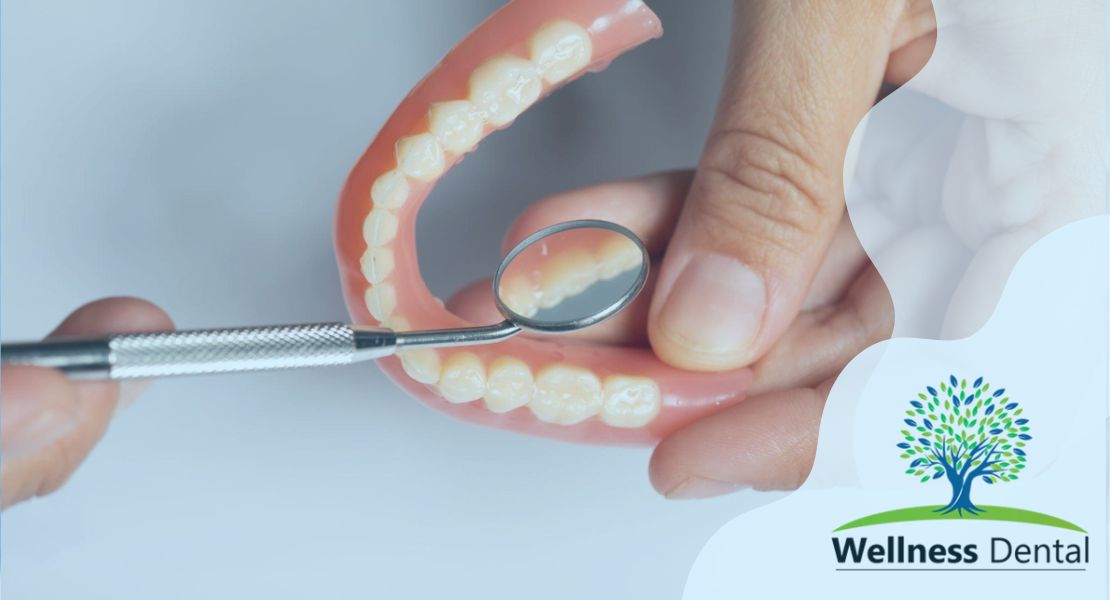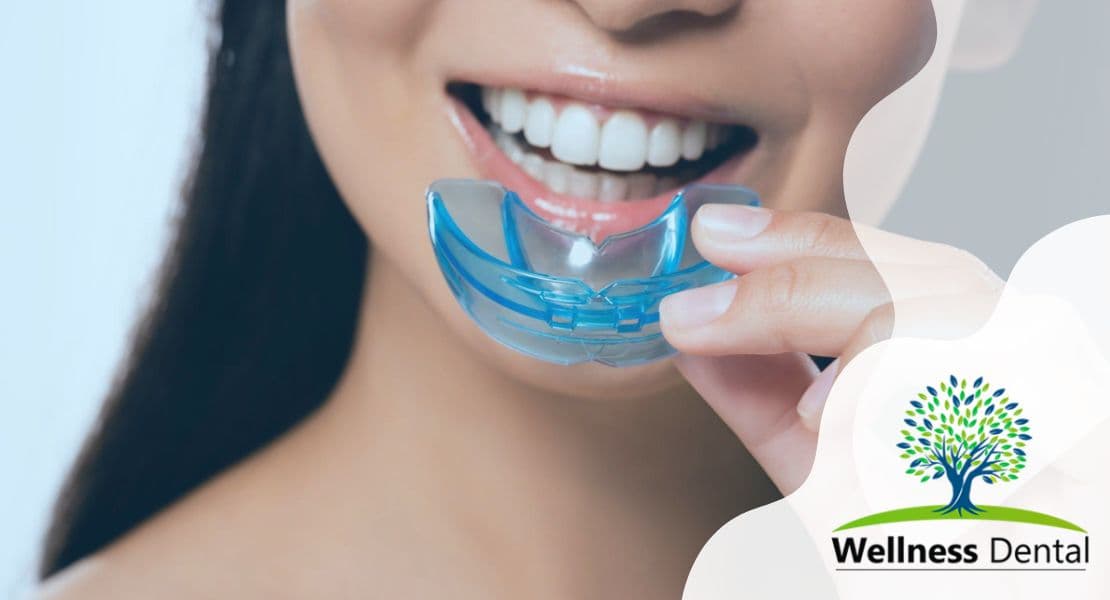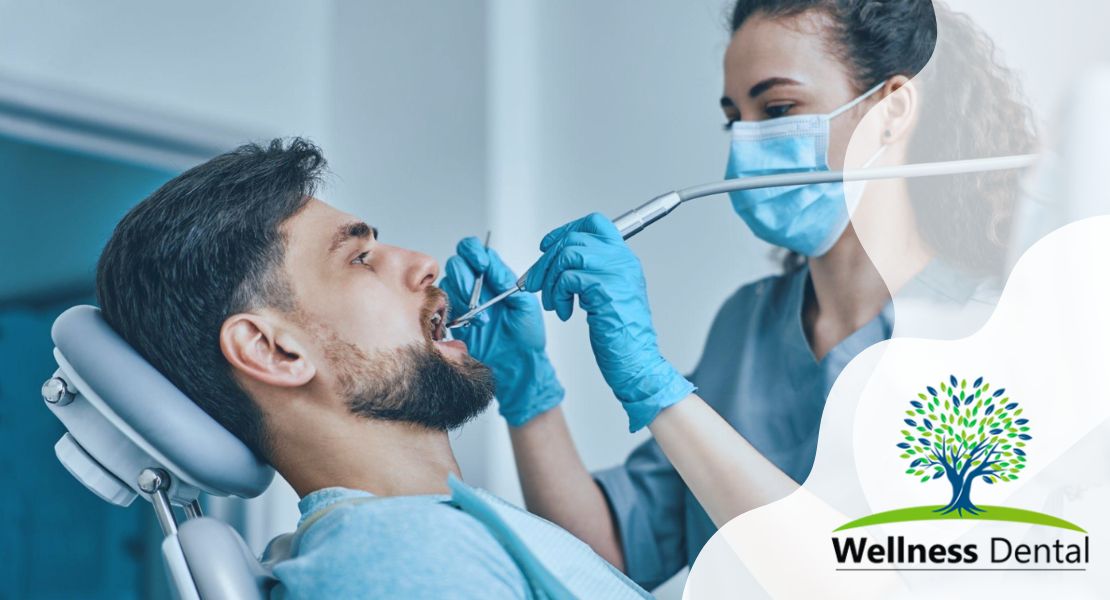A denture reline is an important procedure that helps to keep a denture fitting comfortably in the mouth. It involves reshaping the base of the denture and making sure that it fits snugly against the gums and other oral structures. The relining process can be done at any time, but it is especially important when a patient’s jawbone or gums have changed shape due to age, disease, or injury.
If you are experiencing ill-fitting dentures, frequent sores or infections, difficulty eating or speaking, or chronic pain in your jaw joints, then it may be time for a denture reline. Your dentist will examine your mouth and evaluate how well your current dentures fit before recommending a reline. This can be done with either a soft-liner (made of flexible materials such as acrylic) or hard-liner (made of rigid materials such as metal). Depending on your needs and preferences, one type may be better suited than the other.
The process usually takes several weeks to complete, since special measurements must be taken before the laboratory can create your new liner. Once complete, you’ll return to your dentist, who will check the fit and make any necessary adjustments before you are able to wear them again. With proper care, relined dentures should last for many years before needing to be replaced.
What is the Process of a Denture Reline?
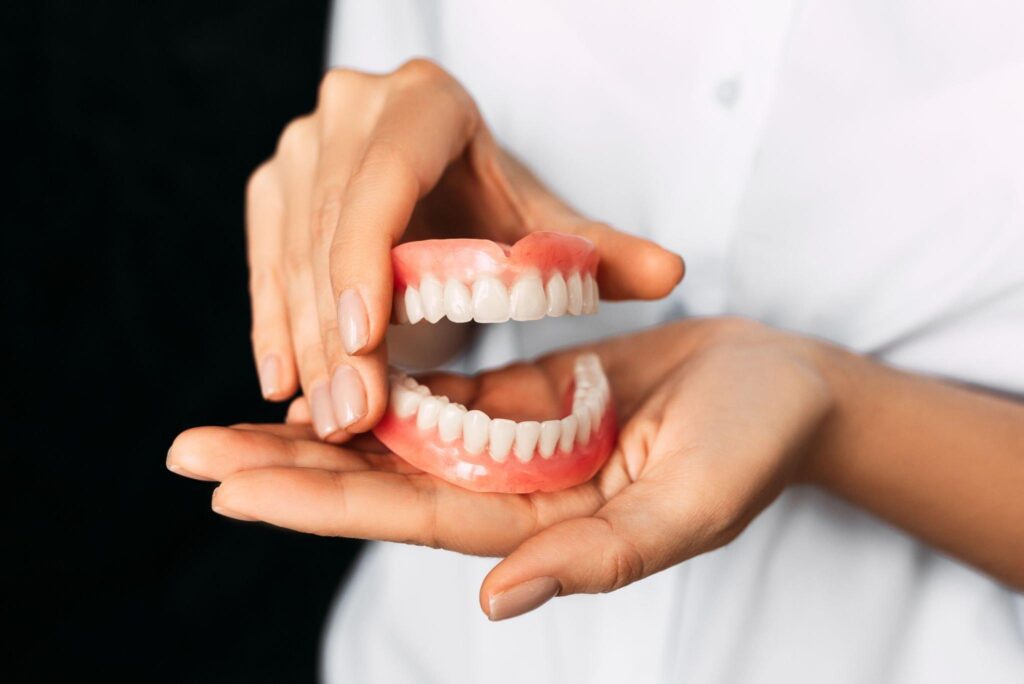
A denture reline procedure involves reshaping the underside of a denture to improve its fit against the gums. Prior to recommending a reline, the dentist will measure your mouth and assess the fit of your current dentures. This can be done with either soft or hardliners, depending on your needs and preferences.
Once the measurements are taken, the laboratory will create your new liner, which may take several weeks. When it is ready, you will return to your dentist, who will check the fit and make any necessary adjustments before you can wear them again. In some cases, additional visits may be necessary to ensure that everything fits as expected.
It’s important to note that while relining can help improve comfort and function in many cases, it is not a permanent solution. With proper care, relined dentures should last for many years before needing to be replaced. However, regular visits to your dentist are still essential for ensuring that your dentures continue to fit properly over time.
Why is a Denture Reline Necessary?
A denture reline is necessary when the shape of the jaw and gum line changes due to bone loss caused by a missing tooth. Over time, this can cause ill-fitting dentures that slip off easily. A denture reline reshapes the underside of a denture so that it fits snugly and comfortably against the gums.
This will help improve comfort and function while keeping your dentures securely in place. Regular visits to your dentist are important for ensuring that your dentures fit properly over time and for determining if a reline is necessary.
3 Types of Denture Relines
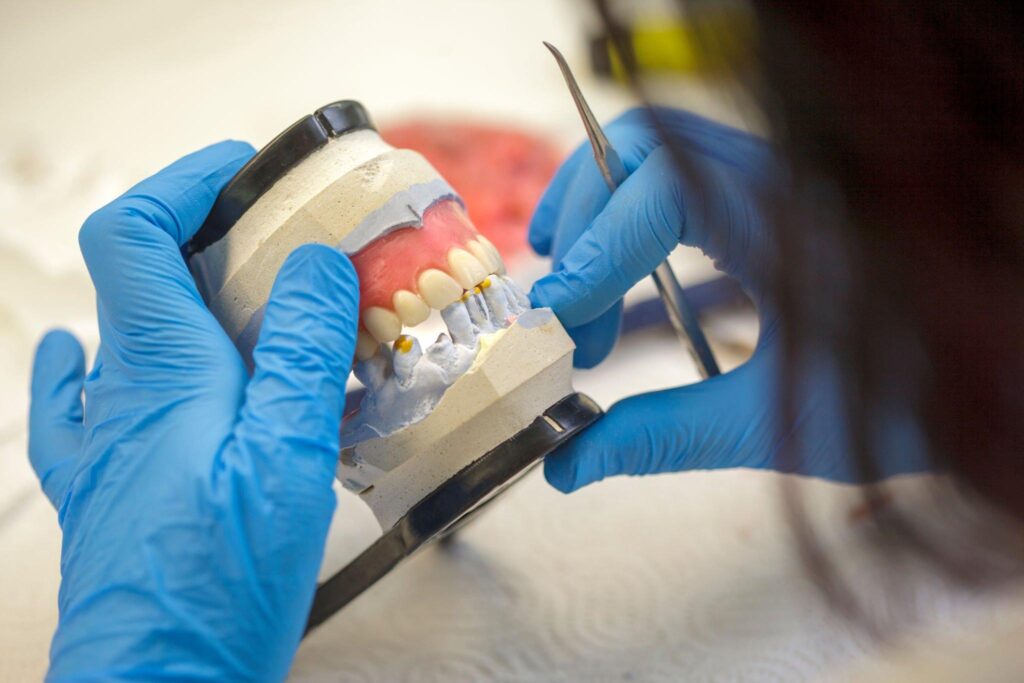
Denture relines are necessary when the shape of the jaw and gums change due to bone loss or missing teeth. In order to ensure a comfortable and secure fit, it is important to have the dentures regularly adjusted or replaced. There are three types of denture reline available: temporary, permanent, and soft relines.
A temporary hard reline uses an acrylic material that hardens on its own once it has been applied to the underside of a denture. This type of reline lasts up to six months before needing to be replaced. A permanent hard reline uses an acrylic resin material that is hardened in a dental lab after application. This type of relining can last up to five years before needing replacement.
Finally, there is a soft reline, which uses a soft rubber-like material that is applied directly onto the underside of the denture by your dentist. This type of reline provides cushioning for sore spots caused by ill-fitting dentures and can last up to 12 months before needing replacement.
No matter which types you choose, it is important that you visit your dentist regularly, so they can adjust or replace your dentures as needed for optimal comfort and fit.
1. Hard Reline
Hard relines are a type of denture adjustment that involves using an acrylic material to make an impression on your mouth. This is done by roughening some of the acrylics inside your dentures and then using putty to take an impression. The putty is then replaced with acrylic in a dental lab and can last up to five years before needing replacement.
Hard relines are beneficial because they provide a secure fit that can help prevent sore spots from developing due to ill-fitting dentures. It is important, however, to keep up with regular dental visits in order for the dentist to adjust or replace your dentures as needed for optimal comfort and fit.
2. Soft Reline
A soft reline is a type of denture adjustment that involves using wax or rubber material to cushion the inside of the dentures and make them more comfortable. This type of reline is ideal for those whose tissue is too sensitive to tolerate hard acrylic material. Soft relines are beneficial because they provide a more comfortable fit, reducing the chances of sore spots developing from ill-fitting dentures.
However, it should be noted that this type of reline does not last as long as a hard reline, and due to its porous nature, it can develop stains and collect plaque over time. Therefore, regular dental visits are still necessary in order to adjust or replace your dentures when needed for optimal comfort and fit.
3. Temporary Reline
A temporary reline is a type of denture adjustment that involves adding a soft material to the inside of your dentures. This type of reline helps to reduce soreness and irritation caused by ill-fitting dentures. Temporary relines are meant to be used as a short-term solution while you heal, and can last anywhere from several days to a couple of weeks.
These relines are typically made out of soft wax, rubber, or silicone and can be easily molded around your gums for added comfort. It is important to note that temporary relines are not meant to be permanent solutions, as they may need to be adjusted multiple times before you get a permanent solution such as hard acrylic material or new dentures.
If you find yourself needing constant adjustments for your temporary reline, it is best to discuss with your dentist about getting a more permanent solution.
Which Reline is the Right Choice?

Determining which reline is the right choice for your dentures ultimately depends on your individual needs and preferences. Soft relines are often recommended for those who have recently begun using dentures, as they provide more cushioning and comfort to sensitive gums.
Hard relines are typically a better option for those who don’t need frequent adjustments, as they last longer between relines. A temporary reline may also be the right choice if you find yourself needing regular adjustments or if you want quick relief from ill-fitting dentures while waiting on a permanent solution.
Your dentist can help you decide which type of reline is best suited to your needs, so be sure to consult with them before making a decision.
Replacing Dentures: When?
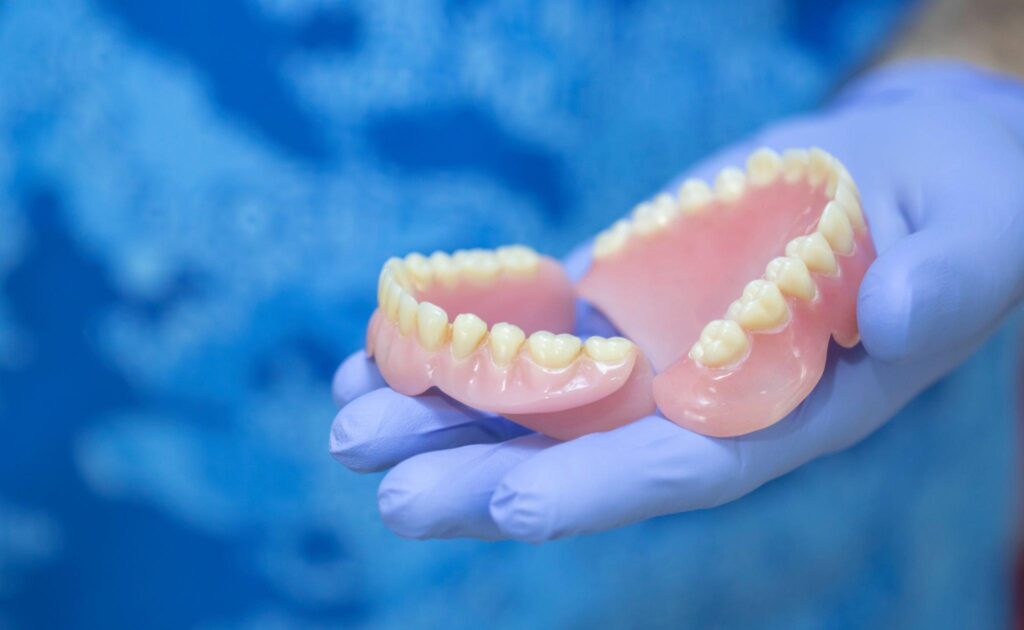
When it comes to dentures, replacing them is sometimes necessary. If your dentures become too old, break beyond repair, or if your mouth has significantly changed since they were originally fitted, then a full replacement may be the only option.
Many denture wearers find that their dentures last several years with regular relines and adjustments, but in some cases, a full replacement is needed. It’s important to consult your dentist about any changes in fit or comfort you may notice, and follow their advice when considering whether a new set of dentures would be beneficial. Your dentist will be able to assess your individual needs and make a recommendation on whether a replacement is necessary or not.
What is the Cost of a Denture Reline?
The cost of a denture reline depends on the type of denture and the extent of repairs or adjustments necessary. The price is relatively affordable and ranges from a few hundred dollars to over a thousand.
Wellness Dental offers pricing and financing options to fit your budget. Our team strives to provide quality workmanship at an affordable cost, and our denture warranty holds us accountable for any flaws. We want you to be happy with your dentures, so we offer a satisfaction guarantee.
How Often Should Dentures Be Relined?
Dentures should be relined every few years in order to maintain a comfortable fit. The frequency of the relines depends on the type of denture, the kind of reline needed, and the individual situation. Harder relines tend to last longer than soft ones, and it is important to periodically check with a dentist to ensure your dentures still fit properly.
To make dentures last longer, proper care should be taken, including brushing them with dish soap and a denture brush like you would brush natural teeth. It is also recommended that one visits their dentist at least once a year for an examination and cleaning. With proper care and regular maintenance, dentures can remain comfortable for many years.
FAQ Denture Reline
If you’re considering a denture reline, you may have some questions. Here are some of the most frequently asked questions about denture relines to help you make an informed decision:
Q: How often should I have my dentures relined?
The frequency of needing a reline will depend on several factors including the type of denture, the kind of reline needed, and individual circumstances. Generally, it’s recommended that hard relines last longer than soft ones. It may be wise to check with your dentist periodically to make sure your dentures still fit properly and visit them for an examination and cleaning at least once each year.
Q: What does a dental reline involve?
A dental reline is a simple procedure used to replace the lining of a denture to improve its fit and comfort. During the process, an impression of the inside of the upper or lower jaw is taken and then used to create a new lining for the denture.
Q: Can you explain the advantages of having denture relining done?
Relining your dentures can provide improved comfort and fit which in turn increases your confidence while wearing them. Having well-fitting dentures also allows you to enjoy favorite foods without worrying about slipping or irritation caused by ill-fitting appliances.
Q: Are there any risks associated with getting my dentures relined?
There are very few risks associated with this procedure as long as it is performed by a trained professional who follows all appropriate protocols.
If you have any further questions about how often you should get your dentures relined or if you think you may need one soon, contact our Wellness Dental care team today! They can answer all your questions and help get back.
Q: Is it possible to perform denture relining at home?
No, it is not recommended to reline dentures at home. DIY denture relines kits are available, but the process should be left to a trained professional with experience in denture relining. Improperly done, the procedure can cause significant bite changes that make the denture unusable. In addition, it can create discomfort and poor fit, which could lead to further dental issues.
It’s important to have your dentures examined at least once a year for proper fitting and cleaning. At that time, your dentist will assess whether or not relining is necessary and advise you accordingly. To ensure your appliance fits properly and comfortably, always follow the advice of a trained professional.
Q: Could you provide an explanation of the difference between a hard reline and a soft denture reline?
The main difference between a hard and soft reline is the material used. A hard reline uses acrylic and is best for those who do not have sensitive or sore gums. Meanwhile, a soft reline uses a more pliable material such as wax or rubber and is typically recommended for individuals with sensitive or sore gums.
Hard relines generally last longer than soft relines, as the materials used are more durable. The main advantage of a soft reline is that it offers greater comfort since it conforms to the shape of the mouth better than a hard reline.
Both types of denture relining processes should be done by experienced professionals as even small mistakes can cause significant bite changes which can make the dentures unusable. It’s important to follow up with your dentist regularly to ensure your dentures are fitting properly and comfortably, so you can continue to enjoy all the benefits of having them without experiencing any discomfort or pain.

